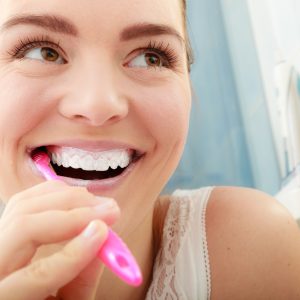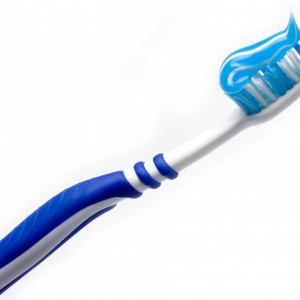Recent Autism Studies Promise Insights into Environmental Risks
Children will not need to undergo stressful blood withdrawal for purposes of isolating DNA. Fallen baby teeth can be used to provide DNA for gene profiling in autism.
Key takeaways:
- Fallen baby teeth can be used to track exposure to chemicals that may trigger autism during pregnancy and infancy.
- Tooth enamel forms at different stages and will absorb chemicals circulating in the body. It therefore acts like an archaeological record showing when exposure to certain chemicals happened.
- Baby teeth could also be used as a painless way to extract DNA required to identify changes in the genes that could be linked to autism.
Read the full story here

 Coffee causes an extrinsic stain that only affects the surface of the tooth. The extrinsic stain will in some cases become an intrinsic stain affecting deeper layers of the teeth.
Coffee causes an extrinsic stain that only affects the surface of the tooth. The extrinsic stain will in some cases become an intrinsic stain affecting deeper layers of the teeth.

 Brushing your teeth properly and regularly helps to minimize visits to the dentist. This information will help you practice effective brushing.
Brushing your teeth properly and regularly helps to minimize visits to the dentist. This information will help you practice effective brushing. The effects of tooth loss on overall well-being have been unknown. A review of gerontological data from Japan found the following.
The effects of tooth loss on overall well-being have been unknown. A review of gerontological data from Japan found the following.


